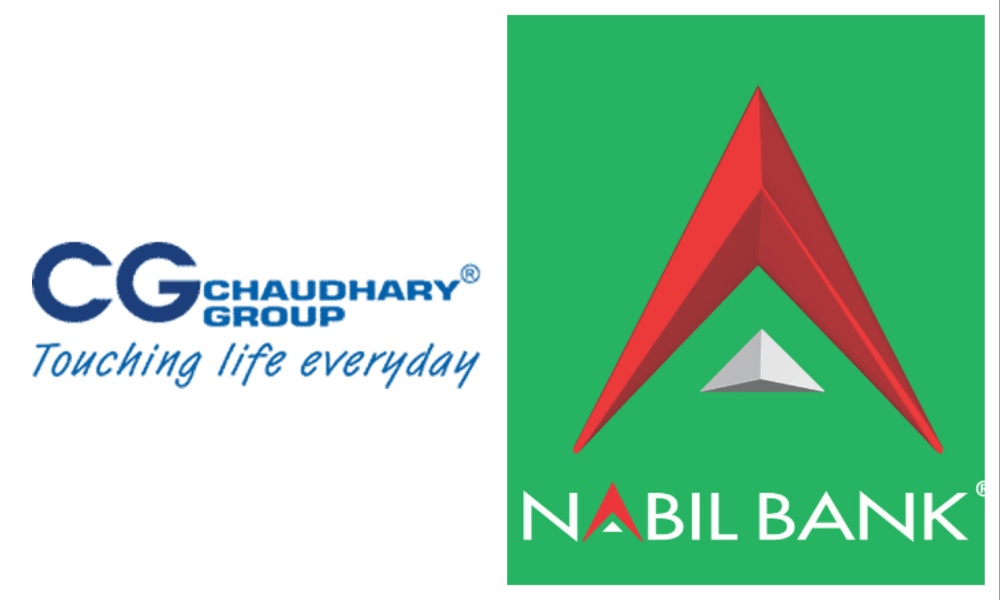KATHMANDU: The saying “One’s own hand is God” finds new relevance with the Chaudhary Group, majority shareholders in Nabil Bank, influencing significant alterations in vehicle specifications to favor CG Motors.
In a surprising disclosure, Nabil Bank Ltd., under the strong influence of the Chaudhary Group, has been found favoring its sister company, CG Motors. The recent procurement of Neta-V electric vehicles (EVs) by the bank has sparked controversy due to modified specifications aimed at benefiting CG Motors, highlighting potential corporate misconduct and favoritism.
The Heart of the Allegations
The Chaudhary Group, a major stakeholder in Nabil Bank, allegedly swayed the bank’s decision to purchase Neta V EVs from CG Motors. These vehicles were tailored to match specifications that seemingly aligned exclusively with Nabil Bank’s requirements for four-wheelers and EVs. This specific alignment suggests possible collusion between the bank and CG Motors to facilitate the sale.
The controversy centers on Nabil Bank’s issuance of a so-called competitive bidding process for this procurement, which ostensibly aimed to ensure fairness and transparency. However, the process appears to have been structured in a way that effectively favored CG Motors exclusively.
Despite the appearance of competition, the specifications were tailored in a manner that aligned closely with CG Motors’ offerings, raising concerns of bias and ethical misconduct. This has significantly undermined the integrity of the procurement process, casting doubt on the bank’s commitment to fair practices.
Expert Opinions and Industry Reactions
“A public limited bank should not favor a single investor, as this can lead to anarchy in Nepal’s banking sector. If such practices are not stopped in time, the entire banking sector’s reputation will be at stake. Nabil Bank must correct this wrong step,” said a member of the Bankers’ Association. This sentiment echoes the concerns of many industry experts who fear that such favoritism can erode trust in financial institutions.
He further added, “If every bank starts setting up such practices, the future of this sector is unimaginable. The Nepal Rastra Bank and Nepal Bankers’ Association must conduct a detailed study on this matter and establish penalties to discourage such malpractices. Otherwise, the general public’s savings will be at risk.”
The influence exerted by the Chaudhary Group on Nabil Bank has raised significant concerns about the ethical governance of the bank. In any financial institution, especially one with public stakes, decisions should be made in the best interest of all shareholders and stakeholders, not just a select few with substantial influence.
Impact on the EV Market and CG Motors’ Reputation
The Chinese-manufactured Neta V EV is currently among the least preferred vehicles in Nepal’s passenger EV market, with CG Motors managing to sell only around 400 units so far, a figure below average compared to other competitors. The perceived poor market performance of the Neta-V EV further fuel suspicions about the motives behind Nabil Bank’s decision.
“Due to low quality and sales, Chaudhary Group has been forcefully selling Neta V EVs to its sister companies,” said a member of the NADA Automobiles Association to Fiscal Nepal. This statement underscores the desperation within CG Motors to boost sales through less-than-transparent means.
The apparent manipulation of vehicle specifications to benefit CG Motors points to a severe breach of procurement ethics by Nabil Bank. “Changing the specifications to favor CG Motors in public procurement is a clear misconduct by Nabil Bank. Such malpractices should be stopped immediately. This is the misuse of green fund,” the NADA member emphasized.
Call for Regulatory Intervention
The situation has prompted calls for a thorough investigation by regulatory bodies. The Nepal Rastra Bank (NRB) and the Nepal Bankers’ Association (NBA) are urged to look into the matter urgently. Detailed scrutiny is essential to determine the extent of misconduct and to implement measures that prevent such scenarios in the future.
Senior officials from the Bank Supervision Department of the central bank have indicated that the central bank will conduct an internal study on this matter. If collusion is found in the procurement of vehicles between Nabil Bank and CG Motors, appropriate action will be taken.
If these practices continue unchecked, there is a risk of setting a dangerous precedent within Nepal’s banking sector. The public’s trust in financial institutions is paramount, and any actions that compromise this trust must be addressed swiftly and decisively.
The Nabil Bank and CG Motors malpractices highlight the critical need for transparency, accountability, and ethical practices in corporate governance. As the incident unfolds, it is imperative for regulatory bodies to take decisive action to restore trust in the system and ensure that public companies operate with integrity.
The ramifications of this case extend beyond the immediate parties involved, posing a significant test for Nepal’s financial sector and its commitment to ethical standards.
When approached for comments on this issue, Nabil Bank and CG Motors officials refused to speak.
Read also:

